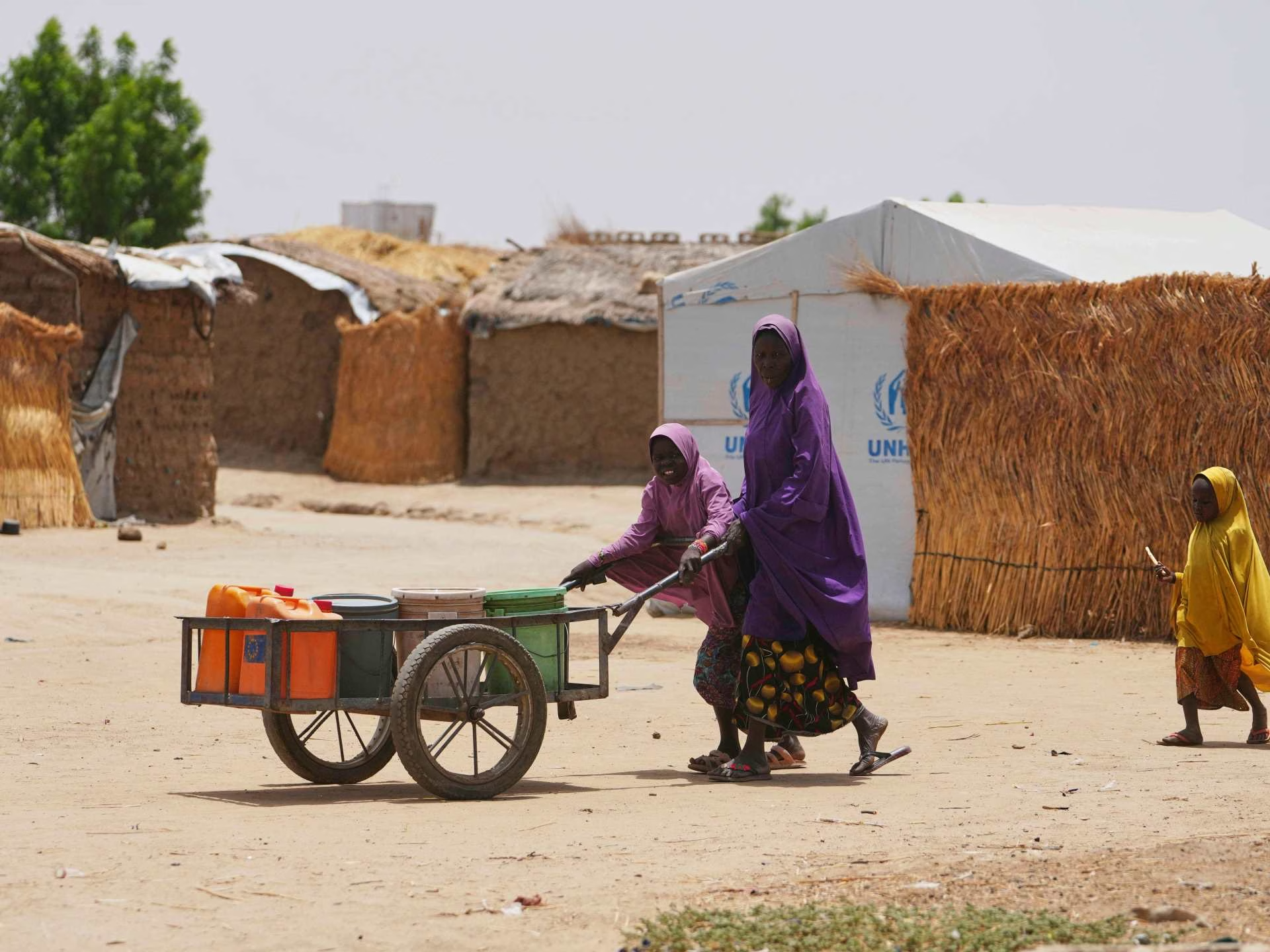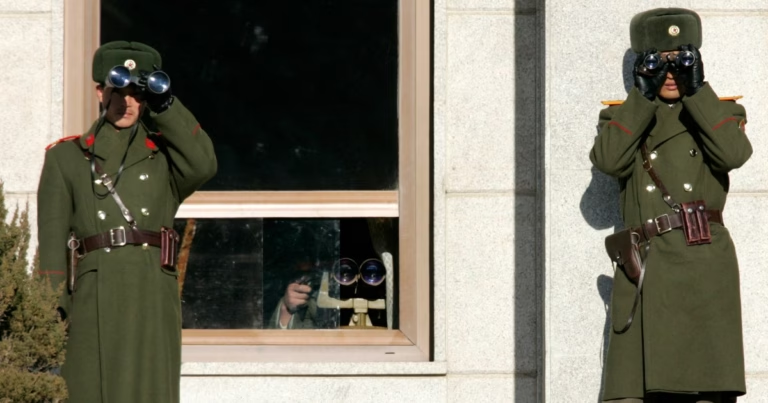In Maiduguri, Nigeria, young mother Zara Ali holds her sick 2-year-old daughter Amina in her arms, recently visiting a doctor for help. Amina’s condition, with bald spots indicating malnutrition, hasn’t improved despite eating a protein-rich meal supplement for months, potentially requiring more hospital visits. Ali, an internal displacement survivor from the violence of the Boko Haram, now worries about the dwindling access to free care at aid clinics that have either scaled down operations or ceased serving those in need. Amina represents one of five million children in Nigeria’s northeast and northwest facing severe malnutrition due to a long-standing insecurity caused by Boko Haram, which has destroyed food supplies, and to a lesser extent, the bandit-related hunger crisis in the northwest.
The situation is exacerbated by the drastic reduction in international funding for aid programs, with the World Food Programme (WFP) forced to close more than half of its nutrition clinics in the region, cutting nutrition supplements to approximately 300,000 children and leaving displaced adults without food during Nigeria’s lean season. Northeast Nigeria, once a potential food basket due to its fertile land, now sees its food supply impacted by conflict, climate change, and safety risks that discourage farming and lead to farmers being taxed and sometimes killed by Boko Haram.
Furthermore, the United States and other major donors, including the European Union and the United Kingdom, have significantly cut or diverted aid to security efforts amid tensions from other crises, such as Russia’s war in Ukraine. This not only leaves the WFP and other non-governmental organizations with inadequate resources but also puts vulnerable populations at greater risk of violence as they seek alternative means of survival. Critics argue that while some coordination between aid agencies and the Borno state government has attempted to reduce dependency and aid distribution in insecure areas, more sustainable support for security reforms is essential to address the root causes of the current humanitarian emergency.
Source: https://www.aljazeera.com/features/2025/8/15/no-more-food-in-northern-nigeria-us-funding-cuts-bite-for-aid-groups?traffic_source=rss








